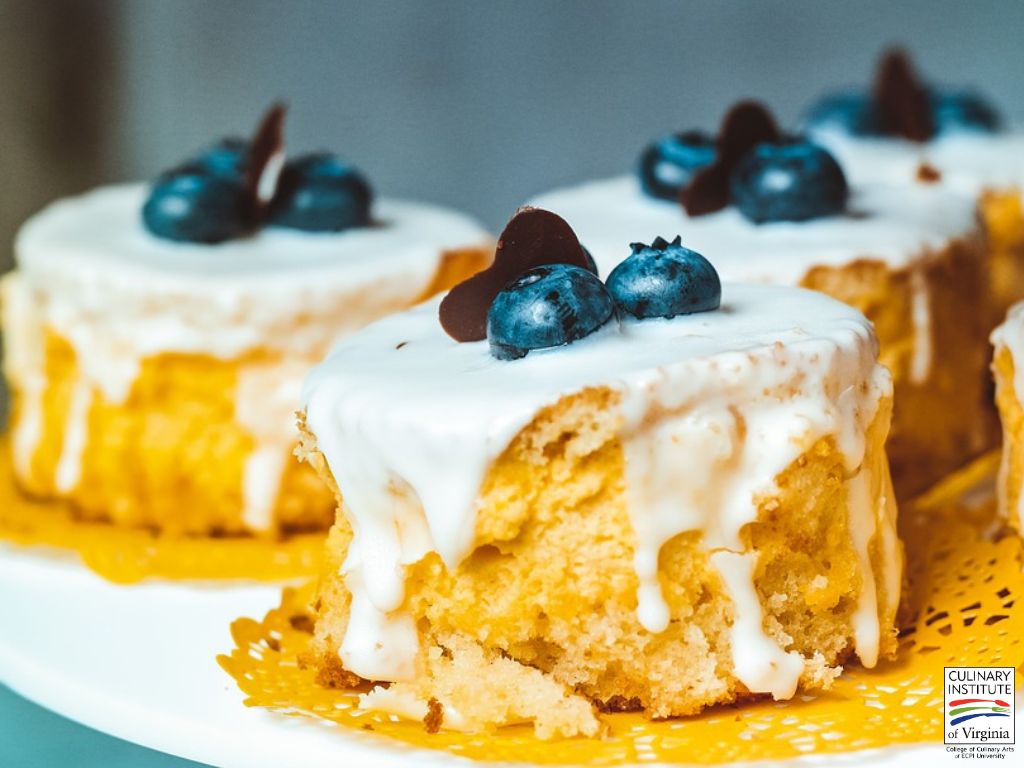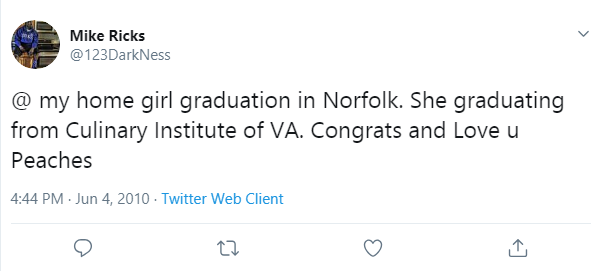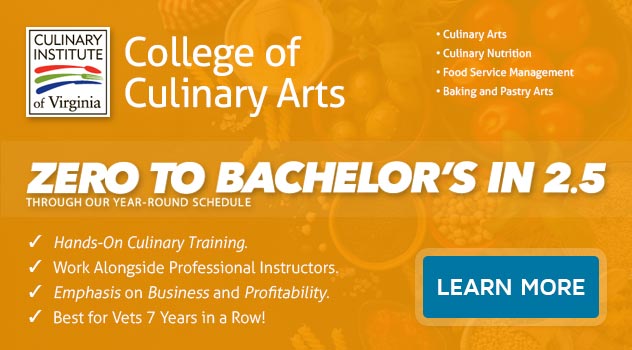Baking and Pastry Classes: Do I Need a Formal Education for this Field?
Baking is part art, part science, and 100 percent worth exploring as a career option--especially if you're creative, hard-working, and qualified.
Over the last few years, baking has become ingrained in America's pop culture. Where once it was viewed as the realm of those willing to toil behind the scenes in the early morning hours, it has emerged as an opportunity for people to launch successful small businesses, express themselves, and even star in television shows.
It also plays an important role in the nation's economy and the day-to-day lives of people in every community. According to the American Bakers Association, the baking industry accounts for roughly $311 billion in total economic output each year. And there are jobs to be had.
The United States Department of Labor Bureau of Labor Statistics says that job opportunities for bakers and pastry chefs will grow by 8 percent through 2026. If you're creative, hard-working, and qualified, it just might be the career for you. But how do you become "qualified?"
In the past, many aspiring bakers and pastry chefs learned the craft through long-term on-the-job training. They'd land a job in a grocery store or small bakery and spend years working long hours as flour-covered apprentices.
And while that's certainly still an option, there are many benefits to a formal education.
Here are five:
Learn the science
It has been said that cooking is an art and baking is a science. In reality, baking includes both, but science is certainly incredibly important.
Baking can be an incredibly finicky process; forgetting even one little ingredient can ruin an entire batch of whatever it is you're making. When you enroll in a formal education program focused on baking, you'll learn how the ingredients involved in making cakes, tarts, artisan breads, and everything else work together to produce the perfect product.
Sure, you can learn this on the fly, through trial and error, but having an instructor explain it to you and then putting your knowledge into practice in a classroom setting can be a lot more effective and efficient.
Cultivate your culinary skills
Bakers and pastry chefs are often only as good as their tools--and you're going to learn a lot about culinary skills and the tools of the trade when you enroll in a formal education program.
You'll get to learn to think like a baker or pastry chef. You'll gain an understanding of how to organize your kitchen, how to communicate, and how to remain composed under pressure. You'll also learn to use the tools of the trade, which can range from the ordinary to the complex.
Having the opportunity to develop your skills through practice, while making mistakes, can help grow your confidence.
Develop design skills
This is where your creativity comes into play. Many pastry chefs love the design aspect of baking, and you'll learn all about pastry design, confectionary artistry, and how to transform the ordinary into something extraordinary.
You'll have all of the tools and ingredients at your disposal, which allows you to try new techniques, develop your own style, and learn from instructors who have mastered the art themselves.
It's also a lot of fun.
Learn the business side of baking
Baking isn't all about science and art. It also includes a heavy dose of business. After all, whether you're working for a large company, a family owned bakery, or opening your own shop, you're going to have to know the business side of baking.
A formal education focused on the baking and pastry arts will teach you to handle banquet and buffet service, how to procure high-quality ingredients, and all about food service cost control.
Having a background in the business side of baking will help prepare you for success in the real world, regardless of where your career takes you.
Real-world experience
Sometimes there is no substitute for real-world experience, and you'll have an opportunity to get plenty of it through a formal program.
Externships at the end of the program allow you to put your knowledge and skills to work in an actual bakery. You'll have to bake with precision, manage inventory, and produce high-quality pastries that will be enjoyed by the masses.
And the best part about this approach to gaining real-world experience is that you won't be walking in cold--you'll be ready to hit the ground running thanks to your formal education.
Ready to get started?
Are you interested in the world of baking and pastry? If you want to earn an Associate of Applied Science Degree in Baking and Pastry Arts, consider ECPI University's Culinary Institute of Virginia. For more information, connect with a friendly admissions advisor today.
It could be the Best Decision You Ever Make!
DISCLAIMER – ECPI University makes no claim, warranty, or guarantee as to actual employability or earning potential to current, past or future students or graduates of any educational program we offer. The ECPI University website is published for informational purposes only. Every effort is made to ensure the accuracy of information contained on the ECPI.edu domain; however, no warranty of accuracy is made. No contractual rights, either expressed or implied, are created by its content.
Gainful Employment Information – Baking & Pastry Arts – Associate's
For more information about ECPI University or any of our programs click here: http://www.ecpi.edu/ or http://ow.ly/Ca1ya.





